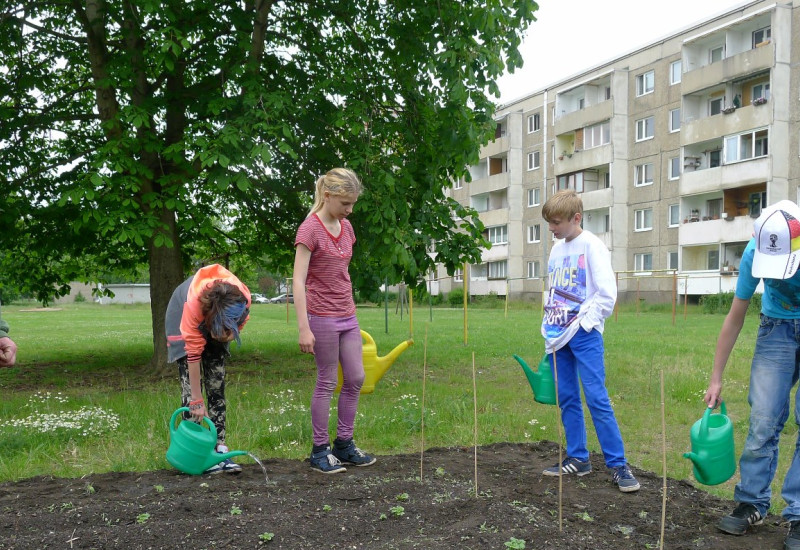When in operation, the building will be entirely self-sufficient in renewable energy – through photovoltaics and a heat pump. In addition, environmentally compatible building materials such as recycled concrete and insulation with renewable raw materials were used. The building can therefore serve as a model for other federal buildings. read more
New UBA building serves as a model for sustainable construction









